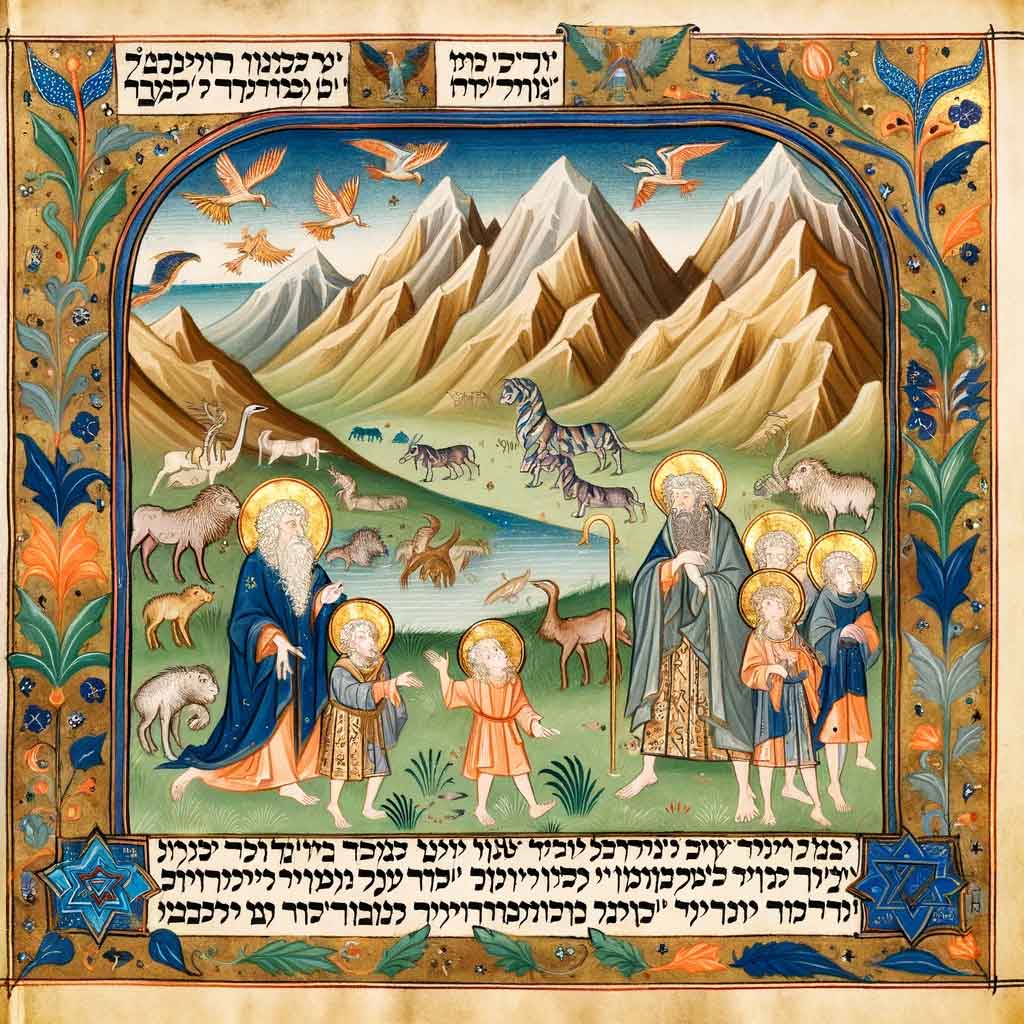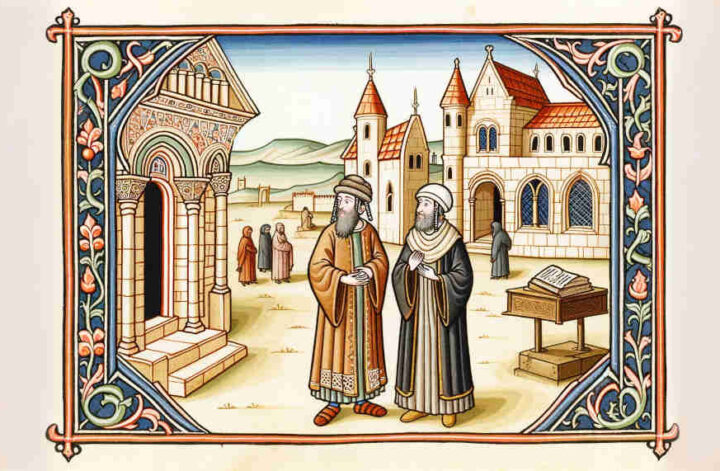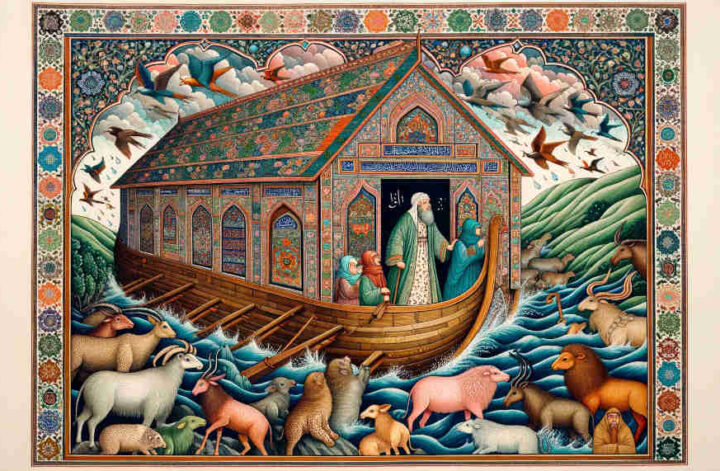Email from a reader: “Dear Rabbi Joshua, I’ve been deeply moved by the teachings of Judaism and am considering becoming a Noahide. I resonate with the woman in Matthew 15, feeling like a ‘gentile dog’ longing for crumbs from the Divine table. Is there a formal process for becoming a Noahide? Should I seek guidance from Rabbis? Are there specific Jewish sects that are more welcoming to Noahides? Sincerely, Anna Thompson”
Dear Anna,
Your heartfelt inquiry reflects a sincere quest for spiritual connection and understanding. Embracing the path of a Noahide is a significant and commendable step in your spiritual journey.
Formal Process of Becoming a Noahide:
Interestingly, the transition to becoming a Noahide does not necessitate a formal ceremony. It is primarily a personal commitment to adhere to the Seven Noahide Laws – universal moral principles that form the bedrock of ethical behavior according to Jewish tradition. These laws are directives against idolatry, blasphemy, murder, theft, sexual immorality, eating flesh from a living animal, and a command to establish just legal systems.
While there is no obligatory ritual, some individuals choose to mark their commitment through a personal declaration, often in the presence of a rabbi or a Jewish court (Beth Din). This declaration is not a conversion but a reaffirmation of one’s dedication to these universal principles.
Seeking Guidance from Rabbis:
Consulting with a rabbi can be a valuable step in your journey. A rabbi with knowledge of Noahidism can provide guidance, answer questions, and offer insights into the spiritual and ethical implications of the Noahide Laws. However, this is not a requirement, and many Noahides learn and grow in their path independently or in communities of like-minded individuals.
Jewish Sects and Noahides:
Most Jewish denominations recognize and respect the role of Noahides. However, the level of active support and engagement can vary. Orthodox and some Conservative communities often have more structured resources and teachings about Noahidism, given their emphasis on traditional Jewish law (Halacha), under which the Noahide Laws are categorized.
It’s worth noting that the relationship between Jews and Noahides is not one of hierarchy but of mutual respect and shared values. As a Noahide, you are partaking in a noble tradition that honors the sanctity and ethical underpinnings of the Torah while maintaining your unique identity and beliefs.
Your analogy to the woman in Matthew 15 is poignant. It speaks to humility and a longing for spiritual nourishment. In the context of Noahidism, you are not merely a supplicant for crumbs but an honored guest at the table of humanity’s shared moral heritage.
Anna, may your journey into Noahidism be enriching and fulfilling, bringing you closer to the universal truths and ethical principles that guide us all.
Warm regards,
Rabbi Joshua


